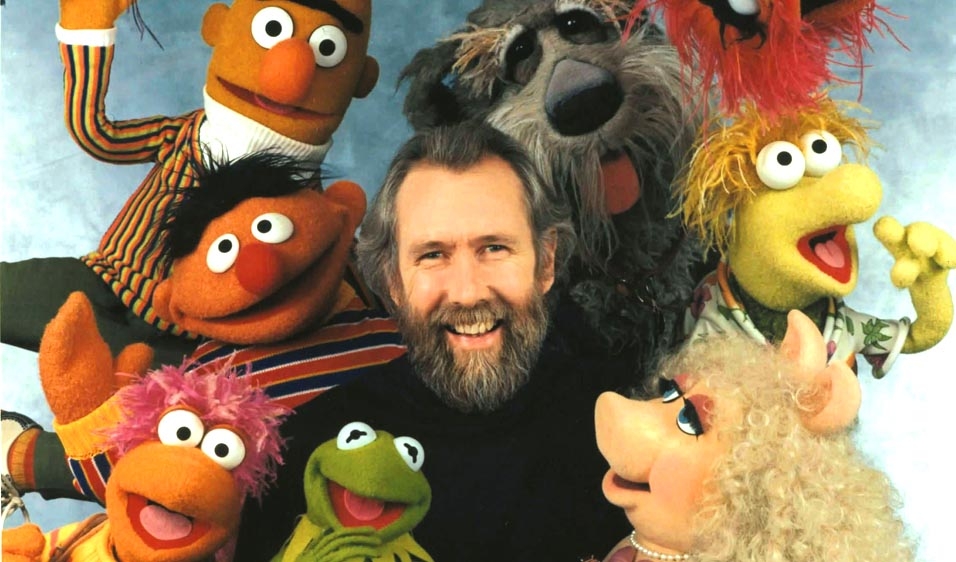“At first I was subbing for Brain [Bryan Mantia], so I wasn’t really a quote-unquote band member, although they treated me that way,” Ferrer says, thinking back to his first experiences with the Guns N’ Roses camp. “I guess I started feeling at home when Brain called me up and told me that he wanted to stay home and be with his baby, and would miss the next leg of the tour. But you know, he told me the best way to approach the whole situation with Guns was to make the music my own as much as possible, to really inject my personality into it. It would make the music sound more authentic, but it would also make Axl [Rose] feel more comfortable, knowing that everyone in the band is contributing something. During the European tour when I first joined, I looked at it from the angle of being a professional – someone that the band could rely on, be consistent on stage. It was a role I had to play at that moment.”
The notion of role-playing is quite central to Ferrer’s musical sensibilities. One of his most significant formative experiences was catching a KISS gig at age 11. Witnessing the grandiose characters stalking the stage and revving up the audience sparked a practical interest in what having a stage persona really entails. His approach is akin to that of a method actor; embodying whatever character is needed on the night.
“I am absolutely a different performer in each band,” he says. “I try to be the best drummer for each situation. In Pisser [Ferrer’s local project], it’s a selfish band. I play completely for myself. If there’s 20 people or 20 thousand people – not that Pisser would ever get to play for that many – but I play for my own personal satisfaction. I’m playing with friends I’ve known for a long time, and it’s kind of like jazz. If the audience gets into it and enjoys what they hear, that’s a plus. If they don’t, that’s not really a big deal because we’re all having a good time. Whereas with Guns, I have a huge responsibility to my band mates, to Axl, because that show is a big deal to the audience. That might be the only Guns show that they ever get to see, so at one of those gigs I’m super aware of needing to be fully professional. I’m a consistent drummer in that I make sure that I gel with the musicians. But every time, I’m also a different drummer.”
This statement causes Ferrer to laugh, and as the discussion continues to unfold, his speech begins to speed up, growing more and more colourful. “It fascinates me, that process of getting into character,” he says. “Like, this person Frank Ferrer, sitting in his house right now – that person could never get on a stage with Guns N’ Roses. Never, ever. I have to become this part of Guns N’ Roses, and then I can play. It’s exactly how I try to live my life – I like to be the role player up there, I’d never want to be the star. I still get all the ‘rockstar lifestyle’ stuff, but I still get to come home and live like a regular guy. I think that’s perfect.”
This duality has an interesting impact on Ferrer’s creative approach. On one hand, he’s required to stay true to the original material (Guns certainly have some damned dedicated fans out there), but on the other, the desire and necessity to leave his own mark on the songs can’t be ignored.
“It’s tough for a drummer to come into an established scene and have a signature, obviously,” he says. “[Appetite for Destruction] is almost perfect. And I mean perfect. The punk rock parts nail it, the funky parts nail it, there’s a lot of movement, a lot of tension, the drumming is near perfect.
“I think it’s better for a drummer when they first start out with a band, or come in when the band is still really young. Though, there are some amazing drummers who were more studio guys, like Jeff Porcaro in Toto. That song Rosanna, the shuffle he plays there has to be my favourite drum beat in the whole wide world right now. It’s amazing. So it’s not really up to me to lay a fresh signature on Guns, unless it turns around and we decide to start from the ground up. I have a responsibility to the original material, and that’s how I approach it. I try to keep it as authentic as I possibly can.”
BY ADAM NORRIS

